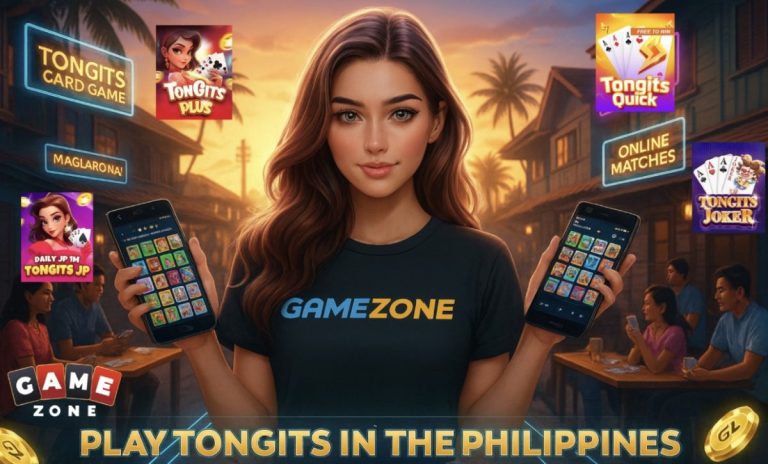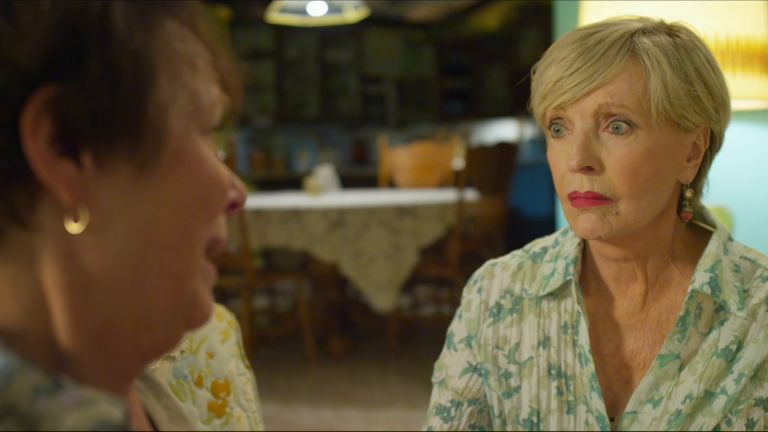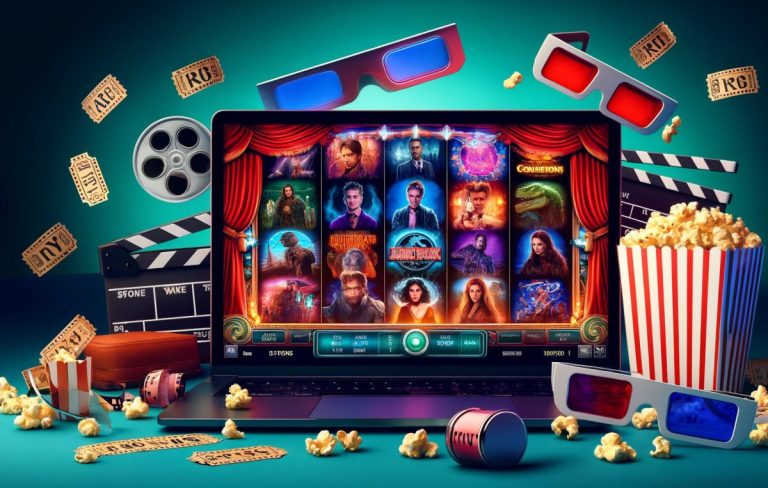Greek mythology in cinema has fascinated cinema-goers for decades. Popularized in the 1950s and 1960s by crowd-pleasers like 1954’s Ulysses and 1963’s Jason and the Argonauts (which brought the adventures of Odysseus and Jason to vivid, effects-driven life), the tales of Homeric heroes and vengeful gods have continued to be mined for big-screen entertainment.
Over the years, the theme has been responsible for some of America’s biggest commercial hits, from Clash of the Titans in 1981, showcasing the legendary stop-motion monsters of Ray Harryhausen, to modern epics such as 2004’s Troy starring Brad Pitt, Eric Bana, and Diane Kruger.
Emphasizing the allure of Ancient Greece, Christopher Nolan’s upcoming The Odyssey has captured audiences’ imaginations a whole year before release. The filmmaker’s adaptation of Homer’s epic, starring Matt Damon as the wily Odysseus, will see the hero navigating treacherous seas and mythical foes on his journey home after the Trojan War.
In a move that reflected both Nolan’s devoted fanbase and the enduring appeal of myth-inspired cinema, IMAX released tickets to the film’s 1570-format screenings months before filming was completed. The result? Sold-out shows in Melbourne, London, and across the US within hours. The early pre-sale underscores the hype surrounding Nolan’s ambitious project and the timeless allure of Greek mythology on the big screen.
Nolan’s The Odyssey, which will be released in 2026, follows hot on the heels of The Return, Uberto Pasolini’s acclaimed and visceral reimagining of the same Homeric tale. Where Nolan’s epic promises grand scale and mythic spectacle, The Return offered a more intimate, harrowing study of Odysseus’s homecoming with Ralph Fiennes in the lead role.
Why We Still Adore Greek Mythology
Why does Greek mythology continue to endure in movies and, more broadly, popular entertainment? One of the key reasons is its power to influence stories that tap into timeless human emotions such as love, power, fate, and redemption. These themes continue to resonate with audiences, offering rich material for reinvention across not only film but television, literature, and even gaming.
Whether faithfully retelling classic stories or adapting them into contemporary interpretations, these myths provide a universal language for storytelling. Their blend of the mortal and the divine gives creators a way to explore the extremes of human experience while reimagining ancient lessons for modern audiences.
Beyond cinema, the influence of Greek mythology extends into fashion, branding, and everyday language. Designers like Versace draw on mythic imagery, while words such as “Achilles’ heel” or “narcissism” keep these ancient stories alive in daily speech. This popularity has even extended into bingo slot games like Slingo Thunder of the Gods, which sees Zeus as both host and reward-giver from his perch on top of Mount Olympus. Players mark numbers on a five-by-five grid as Zeus oversees the action from his marble throne.
Ultimately, Greek mythology’s continued appeal lies in its existential depth. These myths confront the complexities of morality, ambition, and desire that still defines us today. Whether in movies or other forms of entertainment, they remain a mirror reflecting humanity’s oldest questions in endlessly new forms.
Why Greek Legends Never Fade
From sword-and-sandal adventures to Nolan’s forthcoming film, The Odyssey, Greek mythology continues to inspire filmmakers to explore humanity’s greatest questions. These timeless tales of gods and mortals endure because they remind us that, no matter the era, our struggles, dreams, and desires are as eternal as the myths themselves.






